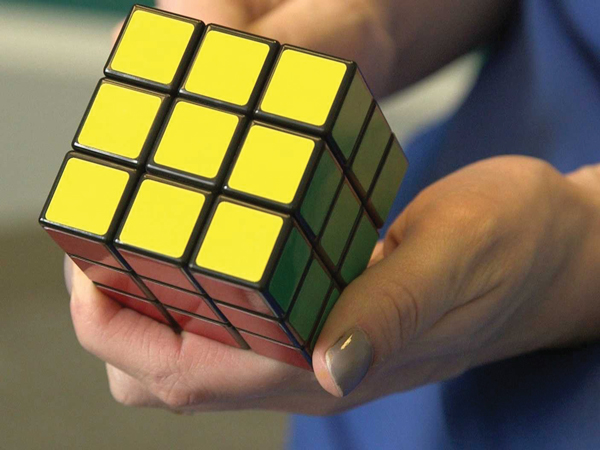Problem: a matter or situation regarded as unwelcome or harmful and needing to be dealt with and overcome.
Difficulty: the state or condition of being difficult; a thing that is hard to deal with, or understand.
Recently, I’ve had occasion to work with a client to figure out which of the issues he had brought to therapy were a problem, and which ones were difficulties. Until we had defined which was which, he simply had a messy, painful life that wasn’t working and certainly wasn’t enjoyable. Problems we solve, difficulties we endure. It’s just that simple.
Problems need time, attention, and solutions. Identifying a problem, its source, and possible solutions is something we all need to get good at. This takes practice. Furthermore, it’s a practice we need to be consistent in pursuing all our lives. This process is probably most accurately called “real life,” or as Instagram informs me, “adulting.” So, some quick tips on problem solving.
- Recognize there IS a problem – this helps tremendously.
- Brainstorm solutions – write down every possible option for a solution including crazy, over-the-top, way-out-there ideas
- Identify your resources – these are things like knowledge, experts, tools, etc.
- Ask for help if you need it – sometimes a problem simply needs an external perspective and voile! A solution.
- Apply the solution – in other words, do the work required to obliterate the problem.
- Celebrate. – High five yourself. Have a latte. Go to the movies. When you solve a problem, acknowledge your achievement. (It helps when facing the next, bigger problem)
Difficulties, on the other hand, are situations or circumstances which can only be endured. Difficulties have no workable solution and must be accepted as the current reality. Such things as chronic illness, disability, loss, catastrophes, and war are examples of difficulties. While there may be problems to solve inside the difficulty, it is not possible to do anything but endure the larger circumstance because no individual, no society, no culture, no government, has the power to make the difficulty go away. Facing difficulties with courage and confidence would qualify as ‘adulting.’ Yes, it would.
The problem with difficulties (see what I just did right there? ) is that difficulties often involve some form of pain. Emotional, physical, psychological… and we human beings hate pain, particularly when it’s personal. We’d like to end pain; our own, our loved ones, the world’s. Unfortunately, also by reason of human nature, this isn’t usually possible. So what to do?
- Learn to tell the difference between a problem to solve and a difficulty to endure.
When someone breaks an ankle, this is a problem which medicine can solve. When someone loses a leg to a landmine, this is a difficulty that must be endured. There is nothing modern medicine can do about the missing limb except try to provide a more or less workable substitute for mobility. This does not solve the difficulty, it only allows the loss to be endured more easily.
- Recognize that every single person on this planet has difficulties in life.
All of us. Whether or not we can see the difficulties of others, they are present. It is a condition of being human.
- Accept your own difficulties.
Don’t just acknowledge, accept. Dr. Marsha Linehan, (Dialectical Behaviour Therapy), says radical acceptance is a skill that requires practice. When we practice acceptance, we make a conscious choice to stop actively investing emotional energy in hating something which can’t be changed. This negative emotional tie to the circumstances is what creates the sense of suffering. Pain is a human reality, but suffering is optional.
- Choose to live anyway.
Do.The.Thing. Don’t let the difficulty keep you from doing what you want to do. Adjust, adapt, modify …and do it anyway. One-legged runners were once two-legged runners. Syrian musicians find instruments and make music in the refugee camps. Making the conscious choice to live – really live – reduces the difficulty to a facet of life, rather than the whole. When we focus on the difficulty instead of the largeness of life, our reality shrinks to a painful circumstance and we see, feel, and experience nothing else. Suffering happens. Which sucks.
- Give back.
Get involved with organizations who care for those who have nothing (or less than nothing). Spend time with people whose circumstances make you think of your own with thankfulness. Often, perspective shifts significantly when we’re exposed to someone else’s difficulties; we usually decide we’d rather keep the ones we have, thank you very much.
Take inventory. What problems can you solve, and which difficulties need to be accepted, thus freeing you to begin to change the current suckiness of life into an experience you can begin to celebrate? Think about it …and if you need help to tell the difference, ask for it. Therapy works.
Dr Susannah is a leading psychologist, registered professional counsellor and Master Practitioner in Clinical Counselling based in Canada. Follow
@DrSusannah on Twitter and Instagram.











